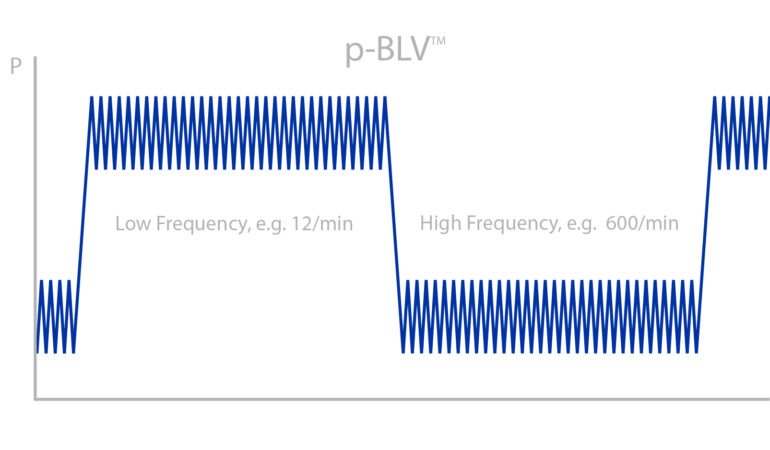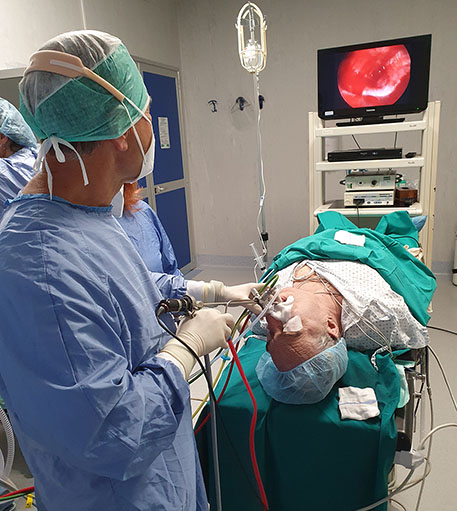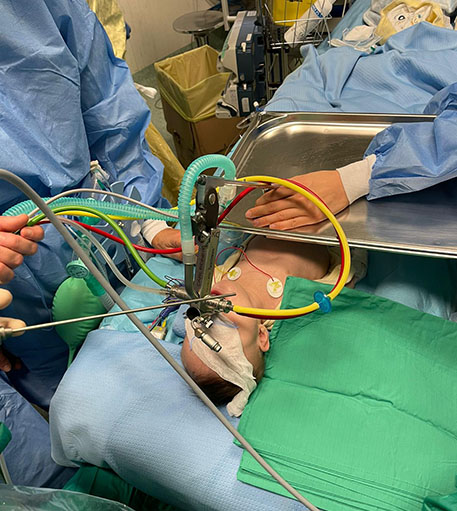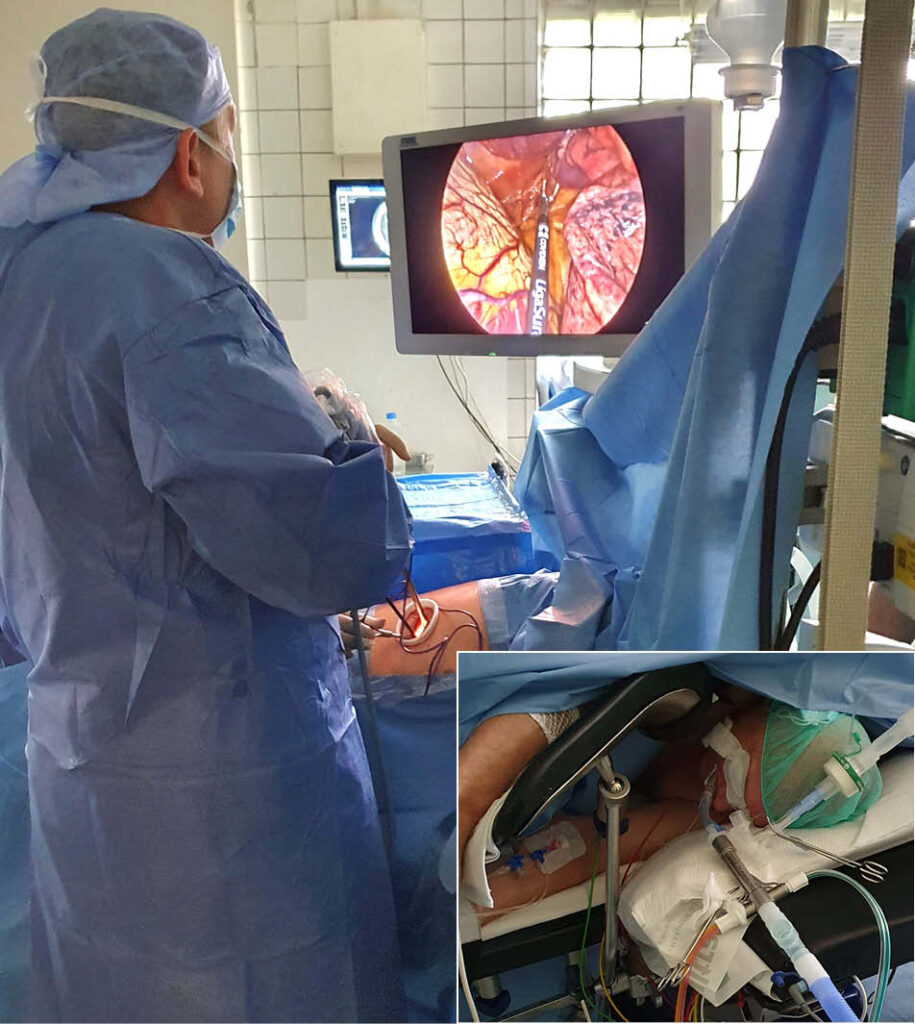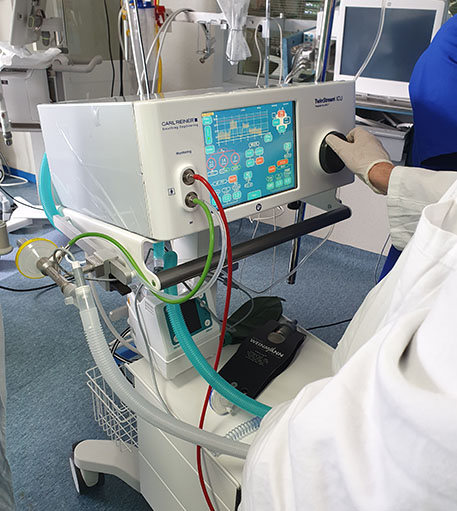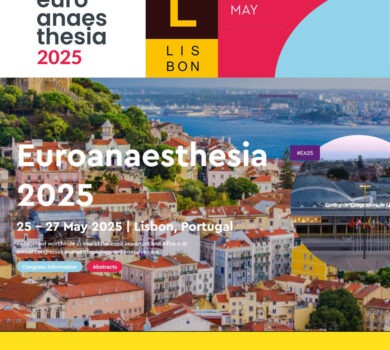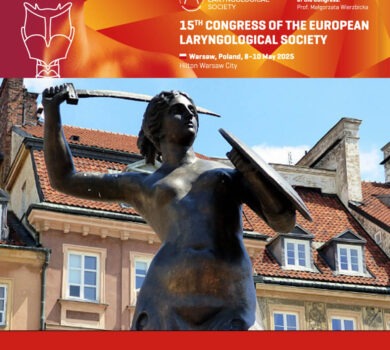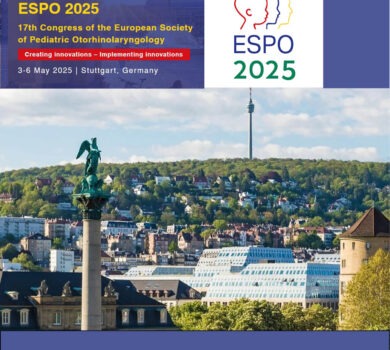Breathing engineering
Breathing engineering
High-Frequency Jet Ventilation
When surgeon and anaesthetist
require access to the same airway
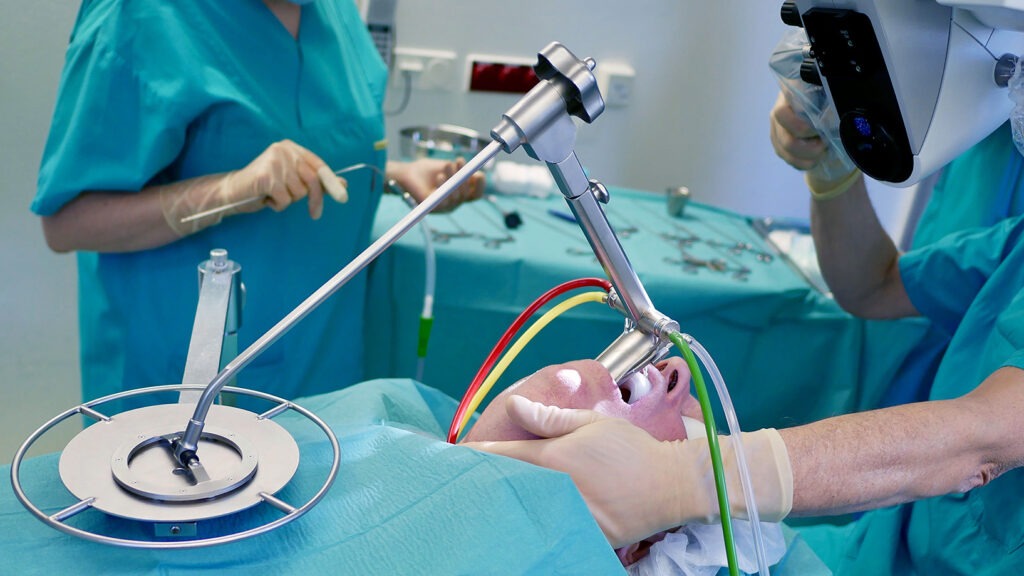
Laryngology
Tubeless supraglottic ventilation provides the best visibility and accessibility during laryngotracheal surgery.
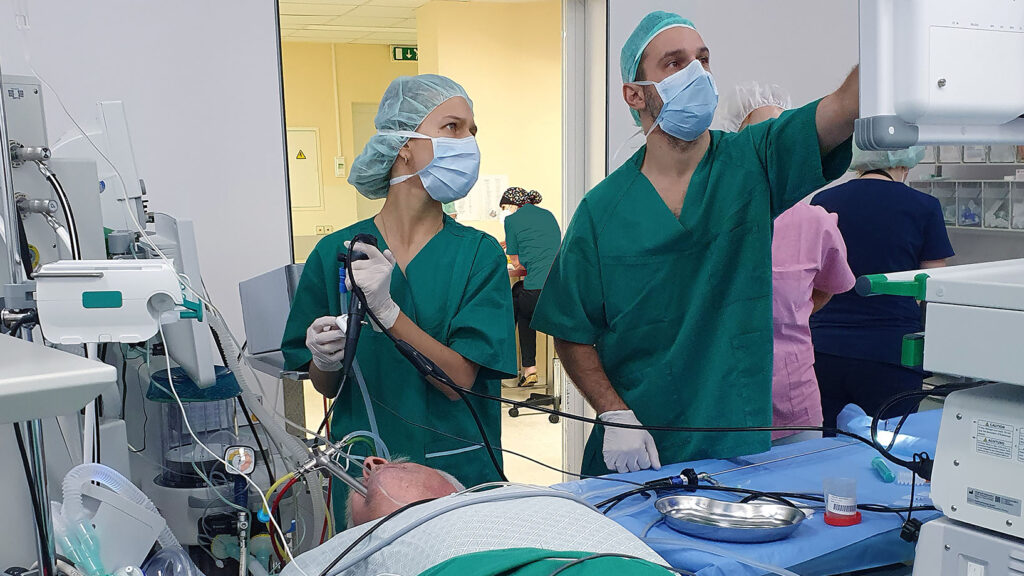
Pulmonology
Rigid bronchoscopy with integrated lines for ventilation and gas monitoring allows for optimal patient safety.
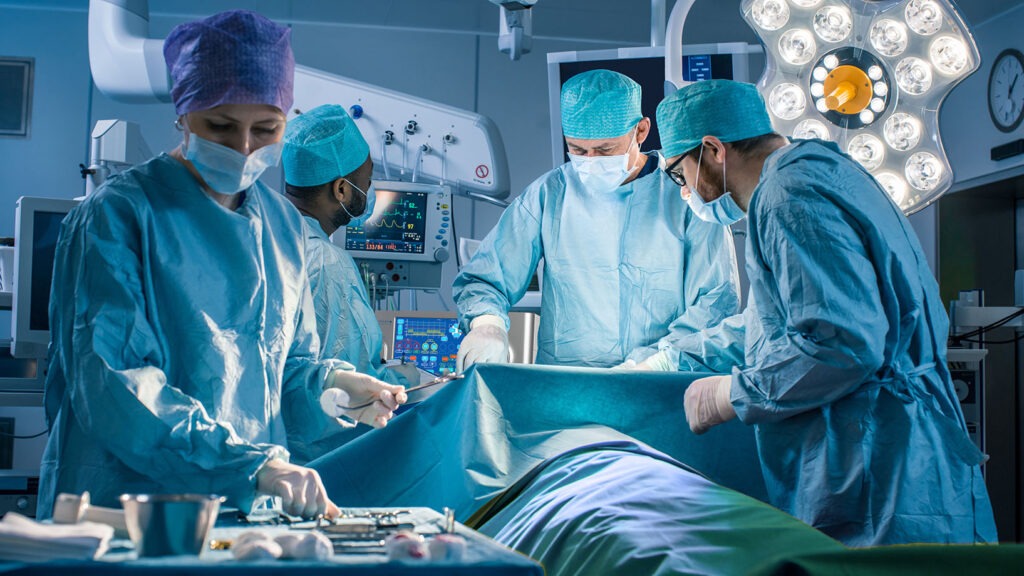
Thoracic surgery
Optimal surgical access during e.g. tracheal resection or oxygenation of the operated lung during e.g. single-lung ventilation.
High-Frequency Jet Ventilation
When respiratory motion
must be reduced to a minimum
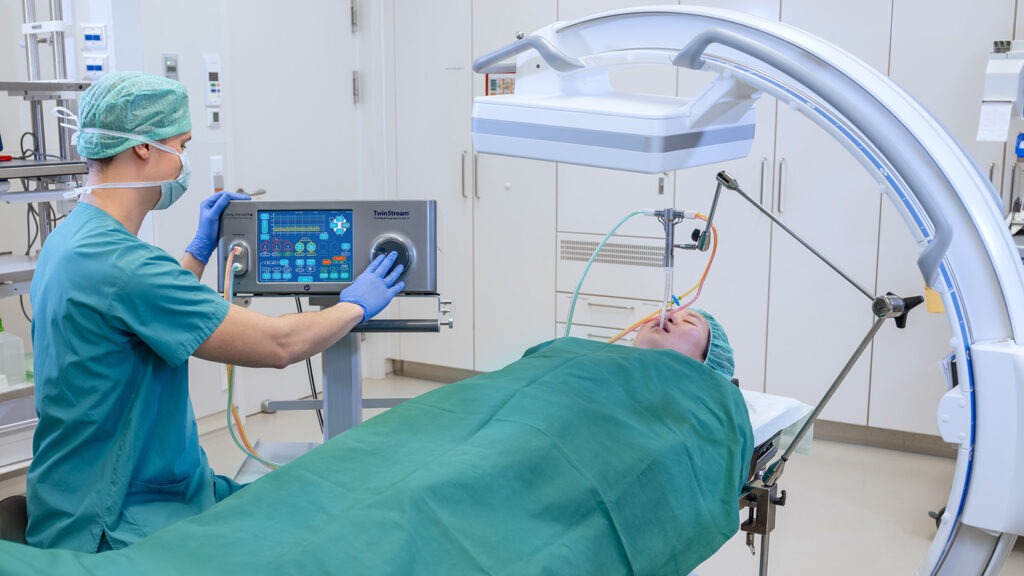
Radiology
During tumour ablation the exact targeting of the tumour is essential for the accuracy of the therapeutic effect, as well as to avoid collateral damage of healthy tissue.
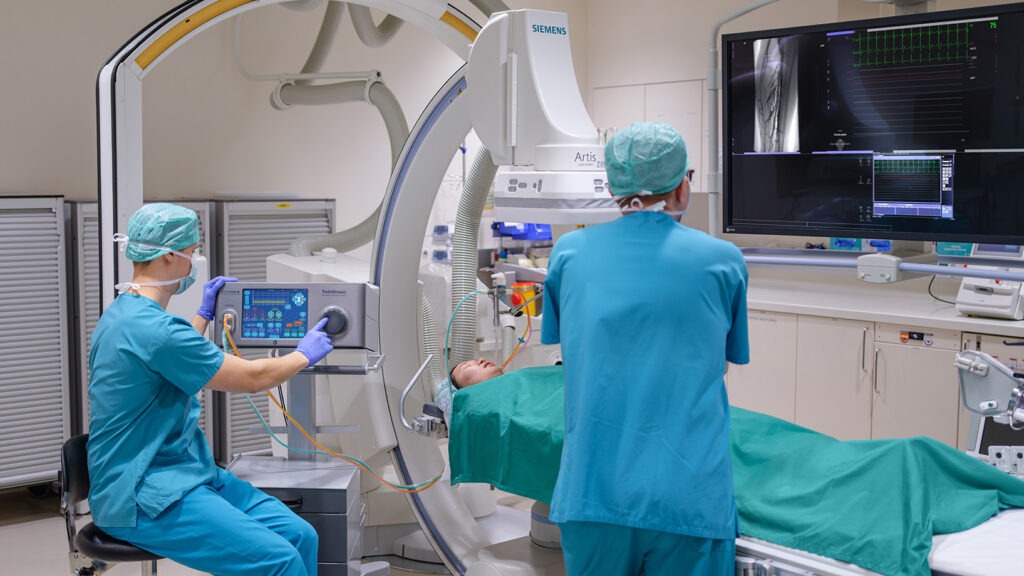
Cardiology
During treatment of cardiac arrhythmia by means of radiofrequency ablation the stability of the contact force can be improved by up to 75%.
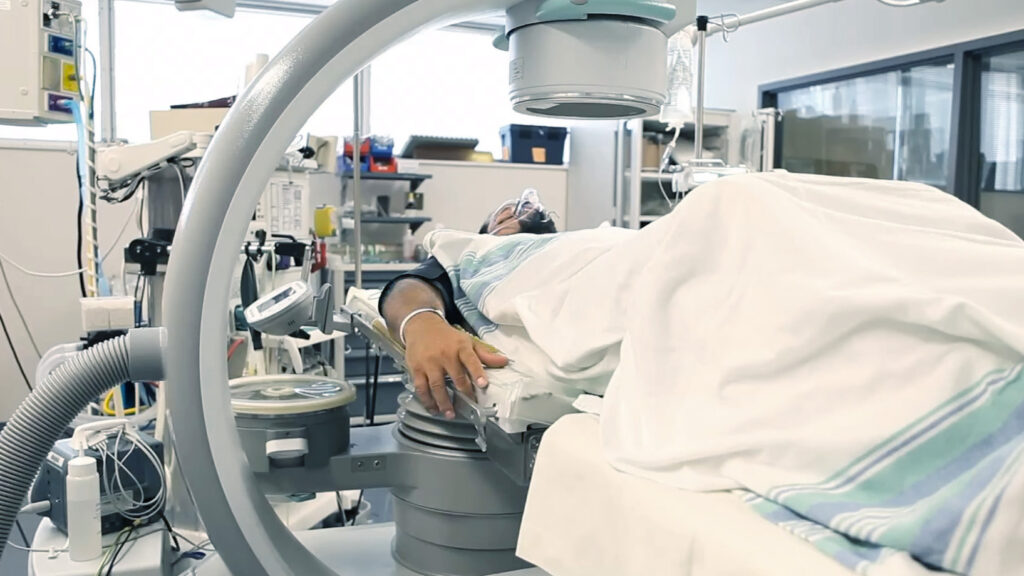
Urology
During kidney stone treatment by means of shock wave lithotripsy the accuracy of the stone targeting can be increased by means of High-Frequency Jet Ventilation.
More about us
Since 1912
Originally founded in 1912 as a family-owned manufacturer of surgical instruments Carl Reiner GmbH has known a long tradition in the development and manufacturing of cutting-edge surgical instruments. Especially during the early 20th century, which saw great advances in ENT medicine in Europe (and in Vienna in particular), Carl Reiner GmbH was at the forefront of new developments.
It was no coincidence, therefore, that professor of otolaryngology Oskar Kleinsasser (1929 – 2001), a great pioneer in the development of microlaryngoscopy in the early 1960s, would turn to Carl Reiner GmbH for the first prototypes of the Kleinsasser laryngoscopes. Still today these laryngoscopes bear his name and are widely used. This is but one example of many developments Carl Reiner GmbH was part of in those days.
It wasn’t until the late 1980s that Carl Reiner GmbH would gradually shift its focus towards a particular form of mechanical lung ventilation, called ‘jet ventilation’. The close cooperation with the University Hospital of Vienna, and Dr. Alexander Aloy in particular, demonstrated that there was a real need for a ventilator designed to cater to the specific needs of upper airway surgery.
In 1989 close cooperation with Dr. Forrest M. Bird (1921 – 2015), who had started to develop his own mechanical lung ventilators already in the 1950s, resulted in the first jet ventilator equipped with dedicated jet instruments, called ‘Bronchtron 1G’.
Its modern-day successor, an electronically-controlled jet ventilator with a 10.4” touchscreen first saw the light of day in 2006. Since then the TwinStreamTM jet ventilator has been installed in 40+ countries worldwide and has become an invaluable asset in numerous university hospitals. Needless to say a wide range of carefully crafted jet instruments such as jet laryngoscopes and jet bronchoscopes still set this device apart from any other ventilator.
Jet instruments
How Do They Work?
Jet instruments provide optimal accessibility and visibility of the surgical site, while safely ventilating the patient. When using a Jet Laryngoscope or Jet Bronchoscope there is no need for an endotracheal tube or jet catheter. The integrated channels guarantee optimal patient safety and allow full control of pressures and gas concentrations in the airway.
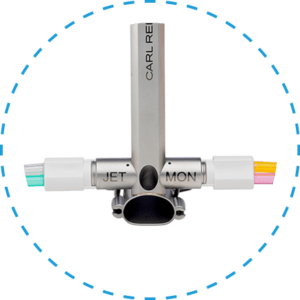
EasyConnectTM
Plug-and-play connectors for patient tubing
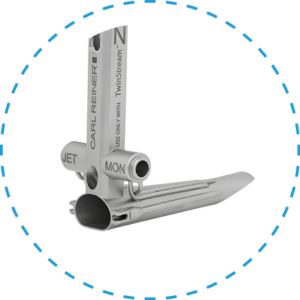
4 integrated channels
For ventilation and monitoring
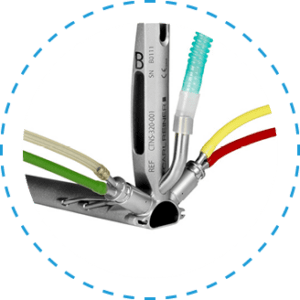
Humidification
Additional channel for humidification
What is S-HFJVTM?
'Double' jet ventilation provides the best of both worlds
Superimposed High-Frequency Jet Ventilation (S-HFJVTM) combines a pressure-controlled ventilation at normal frequency, e.g. 12/min, with High-Frequency Jet Ventilation (HFJV) at e.g. 600/min. The high frequency is ‘superimposed’ over the normal frequency.
Why use S-HFJVTM?
'Double' jet ventilation or S-HFJVTM allows you to not only optimise oxygenation, but at the same time effectively eliminate CO2.
- Completely open airway
- Automatic limitation of airway pressures
- Monitoring of gas concentrations (FiO2 , EtCO2 )
- No need to rush the procedure due to rising CO2 levels
- Allows for a better patient outcome
Supraglottic 'tubeless' ventilation
With a jet laryngoscope you don't need an endotracheal tube or jet catheter anymore. The complete integration of ventilation and airway monitoring into the jet endoscope is an unparalleled advantage in shared airway surgery.
- Complete surgical visibility
- Optimal surgical accessibility
- Optimal oxygenation
- Effective CO2 elimination
- Laser Safe Mode (LSM)
- Pressure and gas monitoring
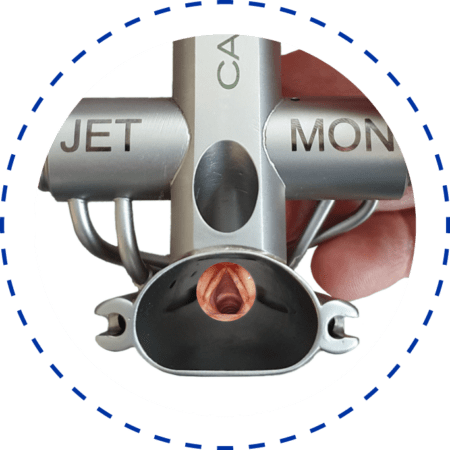
TwinStreamTM jet ventilator
A wide range of clinical applications
Why choose us?
We go the extra mile
for the best patient outcome
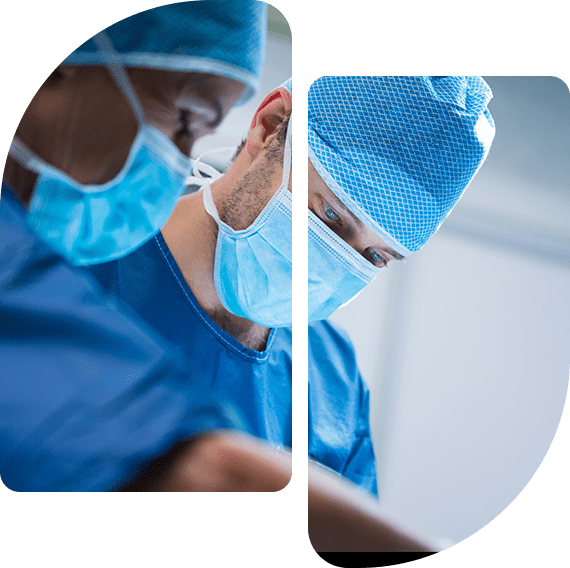
Evidence-based
Decades of close cooperation with leading clinicians from around the world result in evidence-based innovations which meet specific needs
Reliable products
A rigorous development and manufacturing process and a strong QA/RA team guarantee qualitive and durable products
Customer service
As a customer-oriented company we provide impeccable service to distribution partners and hospitals in 40+ countries
100
+Years
500.000
+Patients per year
40
+Countries
Latest news
Stay informed about
modern jet ventilation and more...
ECBIP 2025
From 8 to 10 May we will be participating in the 8th Congress
Arab Health 2025
From 27 to 30 January we will be participating in Arab Health 2025,
Euroanaesthesia 2025
From 25 to 27 May we will be participating in Euroanaesthesia 2025, which
ELS 2025
From 8 to 10 May we will be participating in the 15th Congress
ESPO 2025
From 3 to 6 May we will be participating in the 17th Congress
- Address: Mariannengasse 17, 1090 Vienna
- Phone number: +43 1 402 62 51 0


